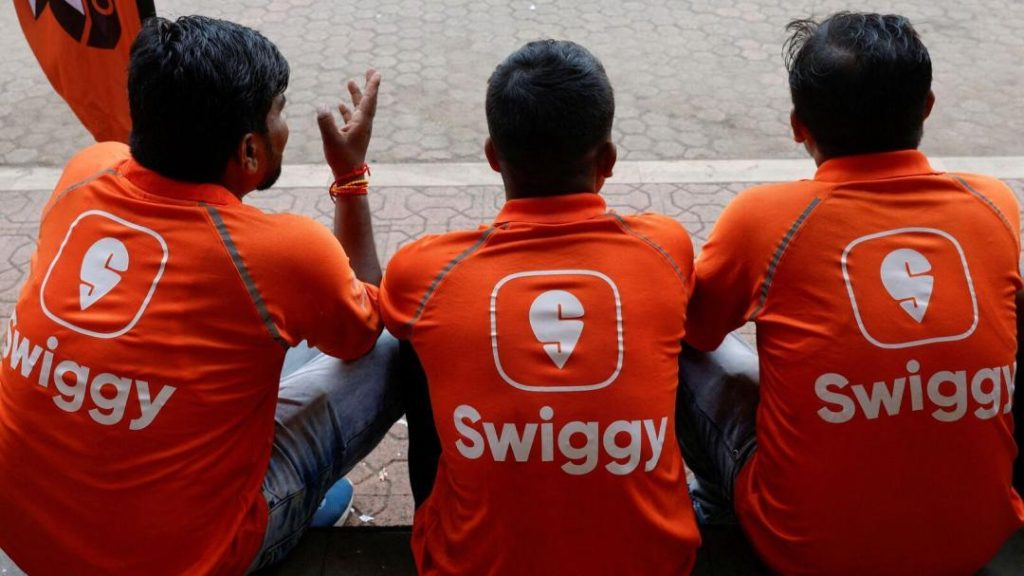
Swiggy Faces ₹158 Crore Tax Demand Over Cancellation Fees
In a recent development, food delivery giant Swiggy has been slapped with a massive tax demand of ₹158 crore by the Income Tax Department for the financial year 2021-22. The demand is based on allegations that the company has been violating tax provisions related to cancellation charges paid to its merchants. According to reports, Swiggy plans to appeal against the demand, claiming that it stems from a misunderstanding of tax provisions.
The tax demand is a significant blow to Swiggy, which has been facing intense competition in the Indian food delivery market. The company has been focusing on expanding its services and improving its offerings to customers, but this tax demand could potentially impact its financial performance.
The issue at hand revolves around the cancellation fees that Swiggy charges its merchants when a customer cancels an order. These fees are typically a percentage of the order value and are meant to compensate the merchant for the effort and resources they put into preparing the order. However, the Income Tax Department has alleged that Swiggy has been violating tax provisions by not paying taxes on these cancellation fees.
Experts suggest that this case could set a precedent for how cancellation fees are taxed in the evolving digital economy. With the rise of e-commerce and digital services, the government is faced with the challenge of taxing these new forms of income. The Swiggy case highlights the need for clarification on tax provisions related to cancellation fees and other digital charges.
The tax demand is not the only challenge that Swiggy is facing. The company has been struggling to maintain its market share in the face of intense competition from other food delivery platforms like Zomato and Foodpanda. Swiggy has been trying to differentiate itself by offering a wide range of cuisines and restaurants, as well as improving its delivery services.
Despite the challenges, Swiggy remains one of the most popular food delivery platforms in India, with a large customer base and a strong network of merchants. The company has been expanding its services to new cities and has been investing heavily in technology to improve its offerings.
The Swiggy case is not the first instance of a tax demand being slapped on a digital company. In recent years, several e-commerce companies have faced tax demands from the government, citing violations of tax provisions. However, the Swiggy case is significant because it highlights the need for clarification on tax provisions related to digital charges.
The Income Tax Department has been taking a closer look at the tax affairs of e-commerce companies, and the Swiggy case is a result of this increased scrutiny. The department has been issuing tax demands to several companies, citing violations of tax provisions related to income from digital sources.
In conclusion, the Swiggy tax demand is a significant development in the Indian e-commerce space. The case highlights the need for clarification on tax provisions related to digital charges and cancellation fees. While Swiggy plans to appeal against the demand, the company is facing intense competition in the market and will need to navigate this challenge carefully.
Sources:
https://ascendants.in/industry_events/swiggy-rs-158-crore-tax-demand/



